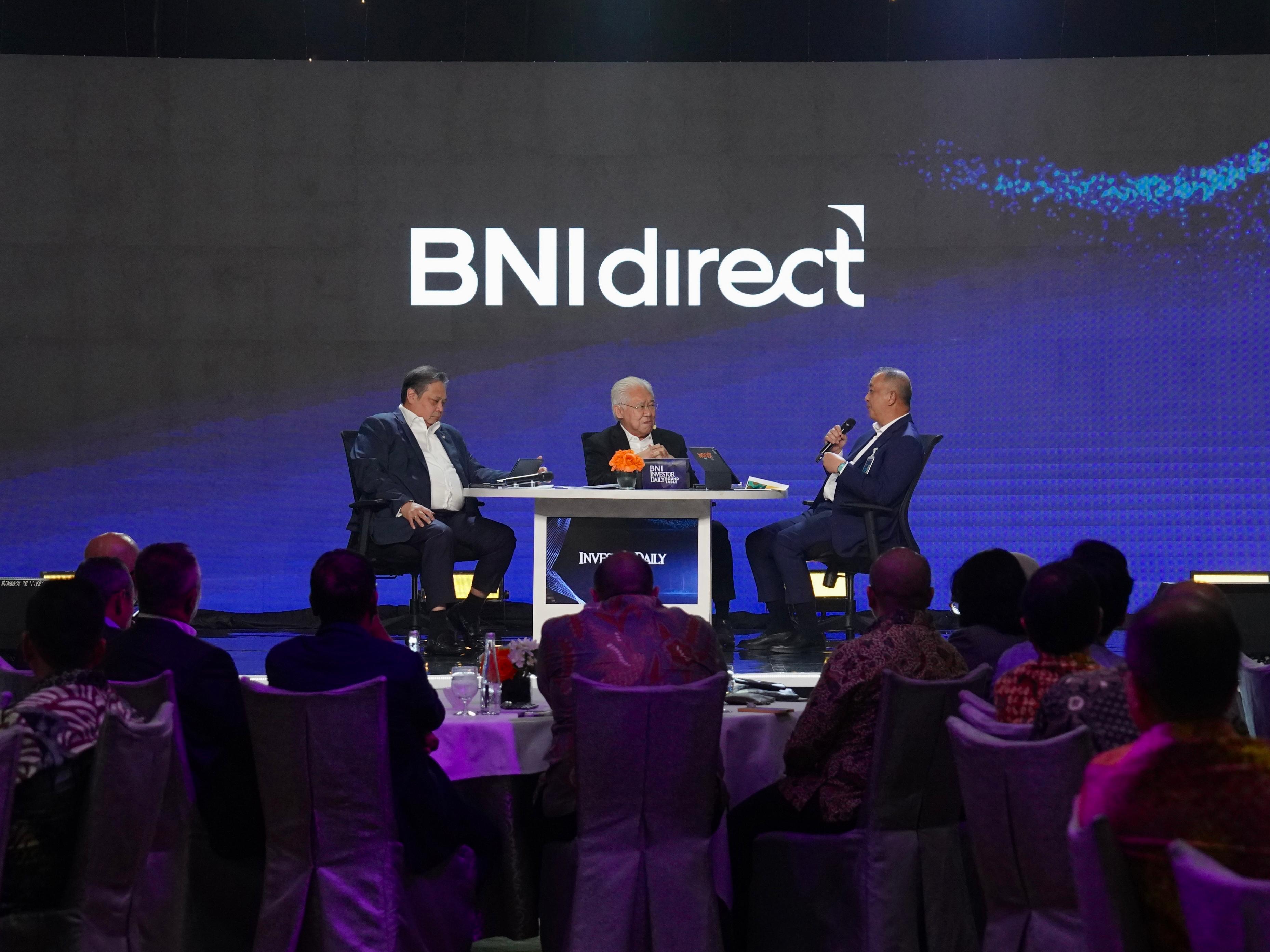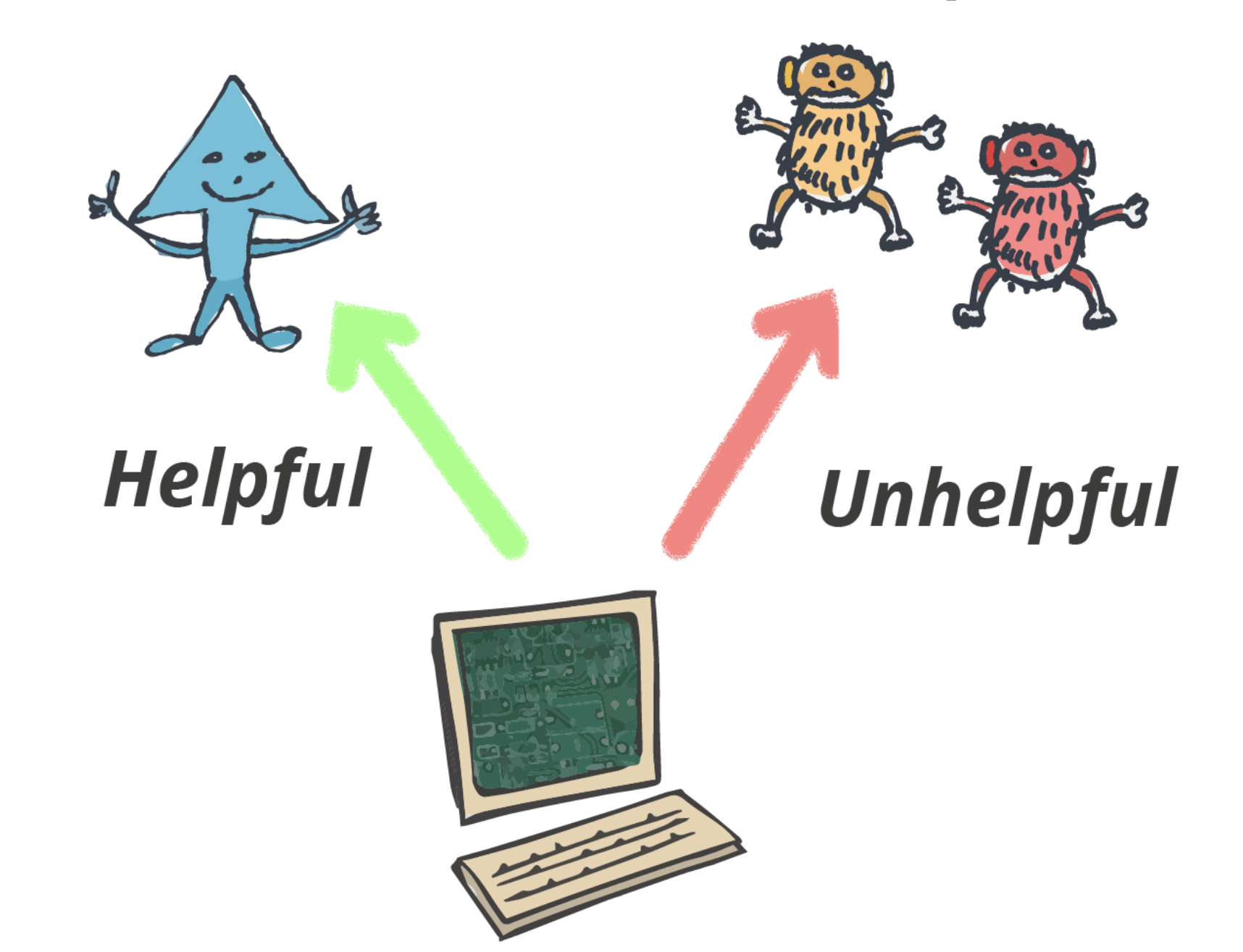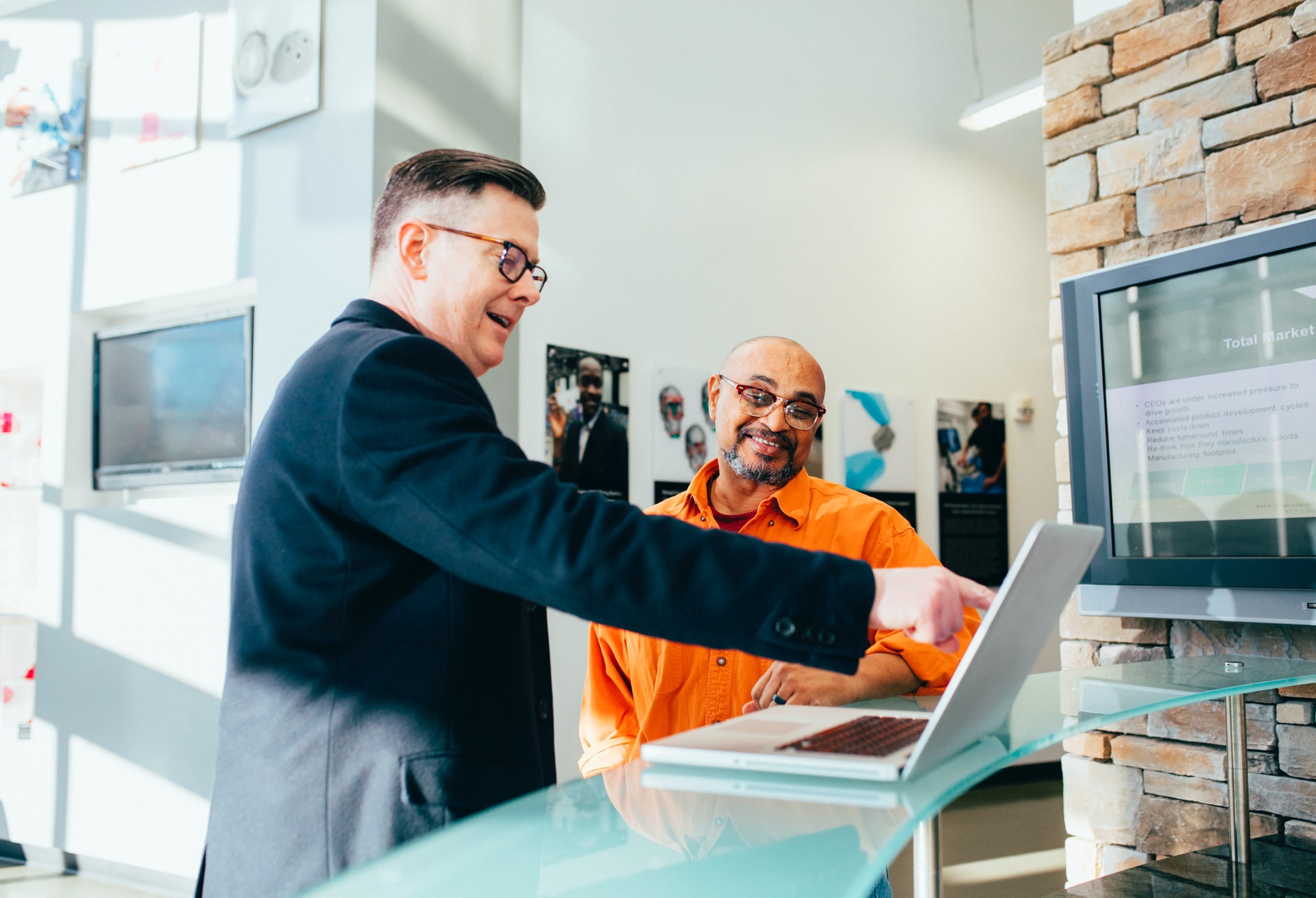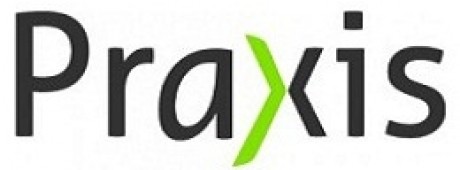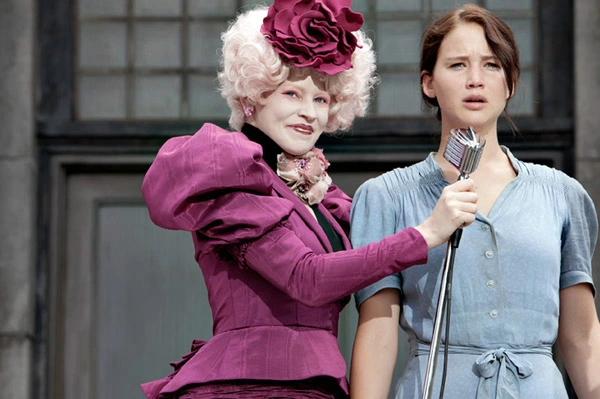There is a very good chance that my family and close friends don’t have a clear idea about what I do for a living, which is doing public relations (PR). Introduced in 1950, PR is still considered a new profession in Indonesia.
This is a common dinner conversation in my family:
Aunty A: So, Dyan, what are you working on?
Dyan: I’m in PR, Aunt.
Aunty A: Huh? PR?
Dyan: Yes, yes, public relations.
Aunty B: Do you organize parties?
Dyan: Um, no… (Thank you, Sex and the City!)
Cousin A: You broadcast the news, right?
Dyan : ???… (That’s a news anchors, dummy!)
Cousin B: Do you work in a hotel or a bar? – (Well, not entirely off the mark, but a PR person doesn’t necessarily work in hotels or bars
And so on…
Although we work closely with the media, we’re not in advertising. We don’t buy impressions or endorsements. So, what are we? What do we do?
We crunch data, we provide strategic communication plans, we maintain media relations, we engage with the public, and we develop innovative tactics.
Let’s see CIPR’s definition of PR: “Public Relations is the discipline which looks after reputation, with the aim of earning understanding and support and influencing opinion and behavior. It is the planned and sustained effort to establish and maintain goodwill and mutual understanding between an organization and its publics.”[1]
Well, it’s the most precise definition of public relations I have ever come across, but I can’t tell it to my friends or family. I have to keep it as simple as possible, otherwise they’ll be confused. So, as a public relations consultant, I prefer to use my casual line “I make sure the public are aware about my clients’ updates and initiatives through mass communication channels: newspapers, online media, radio, TV, social media and blogs.”
It sounds simple, but there’s a lot of unseen effort behind it. It has to be strategic and well-targeted for it not to be a waste of effort. Here in Praxis, we create relevant news angles, prepare media documents, carefully choose the words out of speaker presentations, all with one aim: awesome coverage in the media. The coverage we get usually brings us credibility more than paid endorsements do. Credibility is what separates us from advertising. It makes this profession solid.
Of course, PR means different things to different people. Feel free to add yours in the comment section below :)
From someone who’s still learning about it,
Ferdyana
Associate, Praxis
[1] http://www.cipr.co.uk/content/careers-advice/what-pr






